Discover the Women of the Hall
These are the Inductees of the National Women’s Hall of Fame. Select any of the women to discover their stories and learn how they have influenced other women and this country.
 Rosa Parks
Humanities
1913
Alabama
1993
Rosa Parks
Humanities
1913
Alabama
1993

Rosa Parks
Known as “the mother of the Civil Rights Movement,” when, in 1955, she refused to give up her seat on a public bus to a white man in Montgomery, Alabama. The event sparked the Montgomery bus boycott, the first major effort in the Civil Rights struggle.
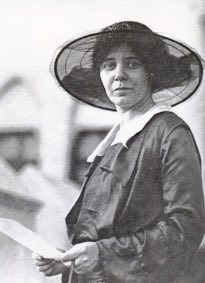 Alice Paul
Humanities
1885
1979
Alice Paul
Humanities
1885
1979

Alice Paul
Social reformer. Reared a Quaker, Paul found most of the women’s suffrage movement too slow and passive. After earning a Ph.D. from the University of Pennsylvania in 1912, she campaigned aggressively for women’s suffrage, using picketing and demonstrations to draw attention to the issue. Paul founded the women’s party, which demanded passage of the Equal Rights Amendment.
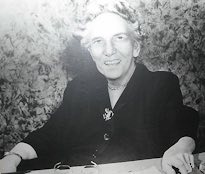 Rebecca Talbot Perkins
Humanities
1866
New York
2009
Rebecca Talbot Perkins
Humanities
1866
New York
2009

Rebecca Talbot Perkins
In 1927, a time when very few agencies existed to promote adoption, Rebecca Talbot Perkins joined with the Alliance of Women’s Clubs of Brooklyn to create The Rebecca Talbot Perkins Adoption Society. Later known as Talbot Perkins Children’s Services, the organization provided foster care and adoption services to countless families across the country for 75 years. Throughout her lifetime, Perkins was active in various charitable and civic causes as a member of the Brooklyn Women’s Suffrage Society, chair of the Alliance of Women’s Clubs of Brooklyn, Vice President of the Memorial Hospital for Women and Children, and a director of the Welcome Home for Girls.
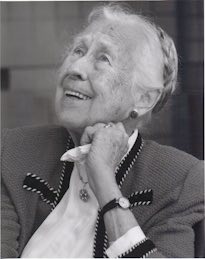 Esther Peterson
Humanities
1906
Utah
1993
Esther Peterson
Humanities
1906
Utah
1993

Esther Peterson
Catalyst for change in the labor, women’s and consumer movements. The driving force behind President Kennedy’s creation of the first Presidential Commission on Women in 1962, Peterson headed the Women’s Bureau in the Department of Labor. She also served Presidents Johnson and Carter, and served at the United Nations under President Clinton.
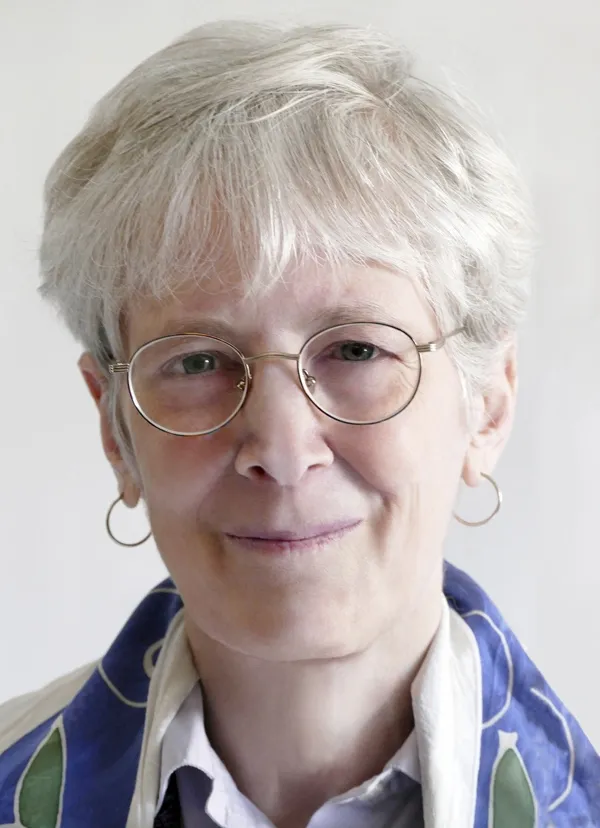 Judith Plaskow
Education, Humanities
1947
New York
2024
Judith Plaskow
Education, Humanities
1947
New York
2024

Judith Plaskow
In the realm of feminist theology, one of the names that stands out as a pioneering force is Dr. Judith Plaskow. An author and activist, Paskow is a visionary thinker whose intellectual contributions have shaped discourse and enriched our understanding of spirituality, gender, and equality.
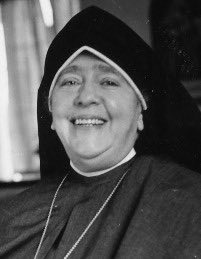 Mother Mary Joseph Rogers, MM
Humanities
1882
Massachusetts
2013
Mother Mary Joseph Rogers, MM
Humanities
1882
Massachusetts
2013

Mother Mary Joseph Rogers, MM
A woman of extraordinary vision and drive, Mother Mary Joseph Rogers, MM founded the Maryknoll Sisters, the first United States based Catholic congregation of religious women dedicated to a global mission. While attending Smith College in 1904, Rogers was inspired by graduating Protestant students preparing to leave for missionary work in China, and following her graduation, she returned to Smith and started a mission club for Catholic students (1905). It was while organizing the club that she met Father James A. Walsh, director of Boston’s Office for the Propagation of the Faith, later founder of Maryknoll Fathers & Brothers, through whom she was inspired to establish a mission congregation for women. The Maryknoll Sisters were founded in 1912, and by the time of Rogers’ death in 1955, there were 1,065 sisters working in twenty countries and several cities in the United States.
 Eleanor Roosevelt
Humanities
1884
1973
Eleanor Roosevelt
Humanities
1884
1973

Eleanor Roosevelt
Trailblazing First Lady and wife of President Franklin Roosevelt. She spent her adult years working in politics and social reform. Her warmth and compassion inspired the nation, and she later became U.S. Delegate to the United Nations. The U.N. Declaration of Human Rights was largely her work, and she chaired the first-ever Presidential Commission on the Status of Women (1961).
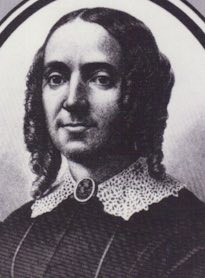 Ernestine Louise Potowski Rose
Humanities
1810
1996
Ernestine Louise Potowski Rose
Humanities
1810
1996

Ernestine Louise Potowski Rose
Early advocate for women’s rights, traveling for more than three decades giving eloquent speeches and seeking petition signatures. Rose sought women’s rights, the abolition of slavery and many other reforms before others took up the causes. From 1835 through 1869, she was often the first woman to speak in public on many platforms.
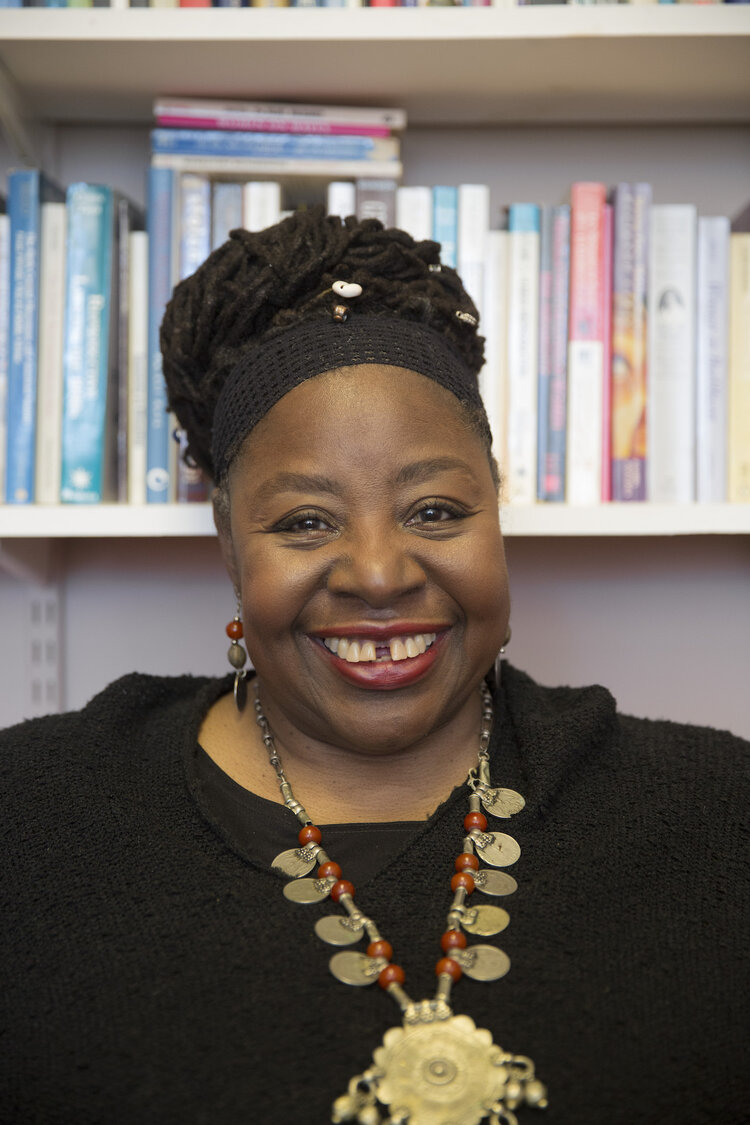 Loretta Ross
Education, Humanities
1953
Texas
2024
Loretta Ross
Education, Humanities
1953
Texas
2024

Loretta Ross
Loretta J. Ross is a Black academic, feminist, and activist for reproductive justice, especially among women of color. Driven by her personal experiences as a survivor of rape and nonconsensual sterilization, Ross has dedicated her extensive career in academia and activism to reframing reproductive rights within a broader context of human rights.
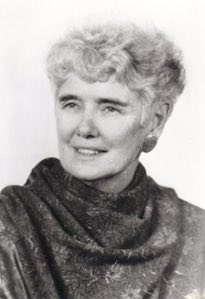 Elaine Roulet
Humanities
1930
1993
Elaine Roulet
Humanities
1930
1993

Elaine Roulet
Crusader for some of society’s most sharply disadvantaged, children of women in prison. A Sister of St. Joseph, Roulet has created many social reform and welfare organizations. She is best known for her work at the Bedford Hills Correction Center in New York, where she enabled mothers in prison to keep their babies for a year, a program now being patterned nationwide.
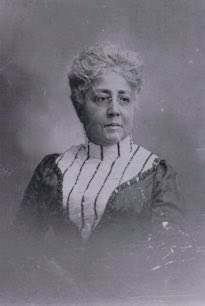 Josephine St. Pierre Ruffin
Humanities
1842
1995
Josephine St. Pierre Ruffin
Humanities
1842
1995

Josephine St. Pierre Ruffin
African American leader from New England. Ruffin was a suffragist, fought slavery, and founded several organizations for African American women, including the Boston branch of the NAACP and the League of Women for Community Service.
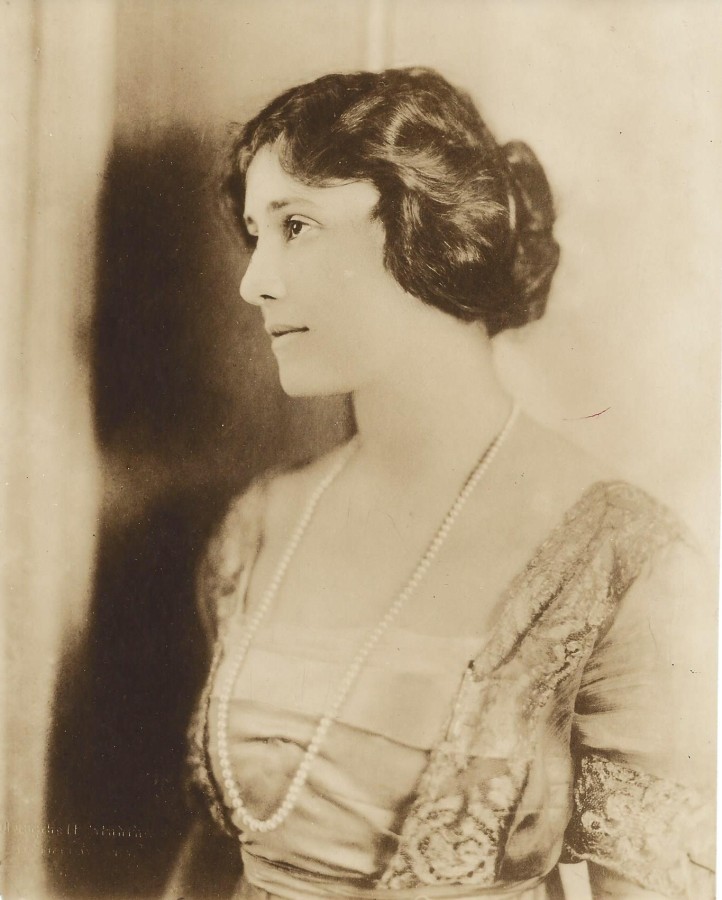 Mary Harriman Rumsey
Humanities
1881
New York
2015
Mary Harriman Rumsey
Humanities
1881
New York
2015

Mary Harriman Rumsey
The founder of the Junior League, she helped author the Social Security Act, chaired the first consumer’s rights groups, and was instrumental in the creation of public playgrounds in New York’s Central Park.
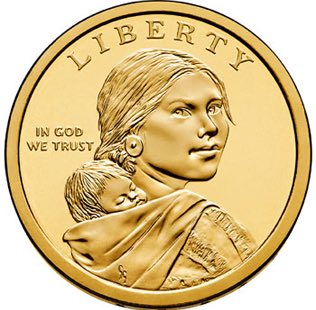 Sacagawea / Sacajawea / Sakakawea
Humanities
c.1788
Idaho
2003
Sacagawea / Sacajawea / Sakakawea
Humanities
c.1788
Idaho
2003

Sacagawea / Sacajawea / Sakakawea
A Shoshone woman who served as a guide to Lewis and Clark during their exploration of the American West, Sacagawea was an instrumental part in the success of this legendary Expedition.
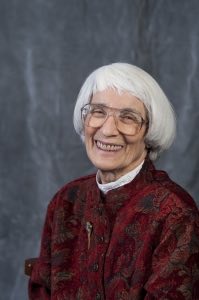 Bernice Resnick Sandler
Education, Humanities
1928
New York
2013
Bernice Resnick Sandler
Education, Humanities
1928
New York
2013

Bernice Resnick Sandler
For more than forty years, Bernice Resnick Sandler has been a tireless advocate of educational equity for women and girls. In 1970, Sandler filed the first charges of sex discrimination against 250 educational institutions. It was this strategy that led to the first federal investigations of campus sex discrimination at a time when no laws existed to prohibit discrimination based on sex in education. Subsequently, Sandler was instrumental in the development, passage and implementation of Title IX, the legislation that prohibits discrimination on the basis of sex in any federally funded education program or activity. An expert in strategies and policies to prevent and respond to sex discrimination in higher education, Sandler has given more than 2,500 presentations. She currently serves as a Senior Scholar in Residence at the Women’s Research and Education Institute in Washington, DC.
 Margaret Sanger
Humanities
1879
1981
Margaret Sanger
Humanities
1879
1981

Margaret Sanger
Nurse and social reformer. After seeing many poor women in New York City damaged and dying from attempts to end unwanted pregnancies, she fought for reform. Sanger underwent arrests and imprisonment for distributing information on birth control and contraception.
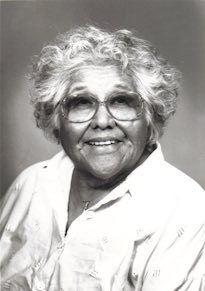 Katherine Siva Saubel
Arts, Education, Humanities
1920
California
1993
Katherine Siva Saubel
Arts, Education, Humanities
1920
California
1993

Katherine Siva Saubel
Founder of the Malki Museum at the Morongo Reservation in California. Born on a reservation in great poverty, Saubel became determined to preserve her tribe’s culture and language, despite overwhelming odds. A learned ethno anthropologist, Saubel was a founder of this first museum run by Native Americans.
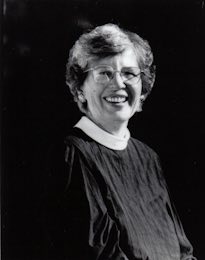 Betty Bone Schiess
Humanities
1923
Ohio
1994
Betty Bone Schiess
Humanities
1923
Ohio
1994

Betty Bone Schiess
Religious leader. Schiess led the successful effort in 1974 to have women ordained as priests in the Episcopal Church in America, elevating the position of women in the Episcopal Church at all levels.
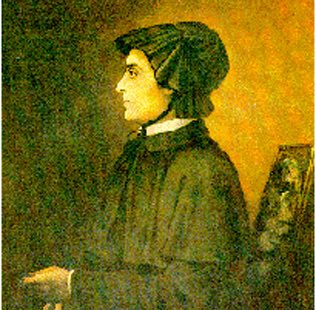 Elizabeth Bayley Seton
Humanities
1774
1979
Elizabeth Bayley Seton
Humanities
1774
1979

Elizabeth Bayley Seton
The first native-born American woman to be canonized a saint by the Roman Catholic Church. After raising a family, “Mother Seton” became a Sister of Charity and worked as an educator and leader of the order. She was known for her extraordinary virtue and kindness, and incidents of miraculous healing are attributed to her.
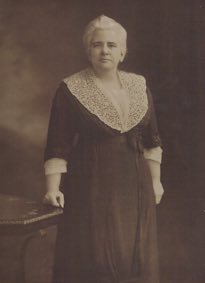 Anna Howard Shaw
Humanities
1847
England
2000
Anna Howard Shaw
Humanities
1847
England
2000

Anna Howard Shaw
A leader in the women’s suffrage movement, Shaw was a master orator for social justice, and the first woman to be ordained by the Protestant Methodist Church. She was the first living American woman to be awarded the U.S. Distinguished Service Medal.
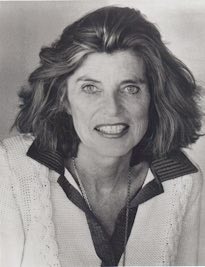 Eunice Kennedy Shriver
Humanities
1921
Massachusetts
1998
Eunice Kennedy Shriver
Humanities
1921
Massachusetts
1998

Eunice Kennedy Shriver
For more than thirty years, Eunice Kennedy Shriver served as a leader in the worldwide struggle to enhance the lives of people with intellectual disabilities. Under her leadership, the Joseph P. Kennedy, Jr. Foundation aided in the creation of The President’s Committee on Mental Retardation (1961) and the development of the National Institute for Child Health and Human Development (1962). Shriver is credited as the founder of the Special Olympics, an organization that today serves 3 million people with intellectual disabilities in nearly 200 nations around the world.
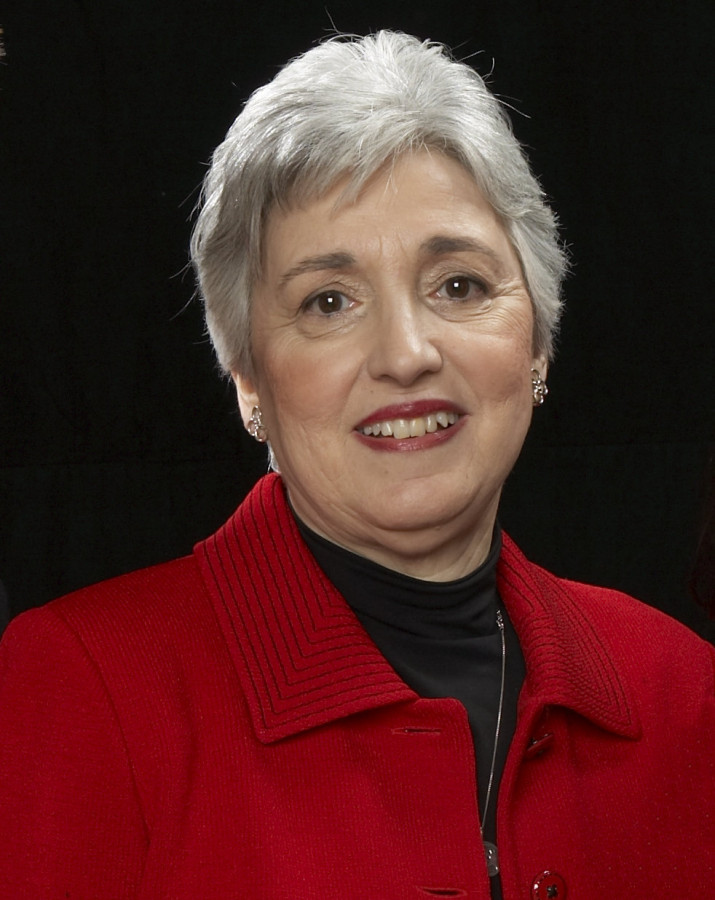 Eleanor Smeal
Humanities
1939
Ohio
2015
Eleanor Smeal
Humanities
1939
Ohio
2015

Eleanor Smeal
Her life and work has been dedicated to the achievement of women’s equality and human rights. She has been at the forefront of nearly every significant women’s rights victory. Responsible for coining the phrase “gender gap” referring to the difference in the way women and men vote and popularizing its usage in election and polling analyses to enhance women’s voting clout.
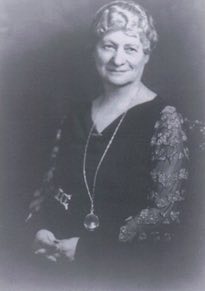 Hannah Greenebaum Solomon
Humanities
1858
Illinois
1995
Hannah Greenebaum Solomon
Humanities
1858
Illinois
1995

Hannah Greenebaum Solomon
Club woman and welfare worker on matters relating to child welfare, she organized a nationwide Jewish Women’s Congress as part of the 1890’s World’s Fair. It later became the National Council of Jewish Women, to which she was elected its first president.
 Elizabeth Cady Stanton
Humanities
1815
New York
1973
Elizabeth Cady Stanton
Humanities
1815
New York
1973

Elizabeth Cady Stanton
Suffragist and reformer. Stanton noticed from her earliest years that women were not treated equally with men. In 1848, she and others convened the first Women’s Rights Convention in Seneca Falls, New York, bringing 300 individuals together, including Frederick Douglass. Stanton determined that the right to vote was the key to women’s equality. Throughout her life and partnership with Susan B. Anthony, she wrote and argued brilliantly for women’s equality through the right to vote.
 Gloria Steinem
Humanities
1934
Ohio
1993
Gloria Steinem
Humanities
1934
Ohio
1993

Gloria Steinem
Feminist leader, writer and social activist. A founder of Ms. Magazine, Steinem also co-convened the National Women’s Political Caucus and helped create the Ms. Foundation for Women. A best-selling author, her latest works are Revolution from Within: A Book of Self Esteem for Women and Moving Beyond Words.
